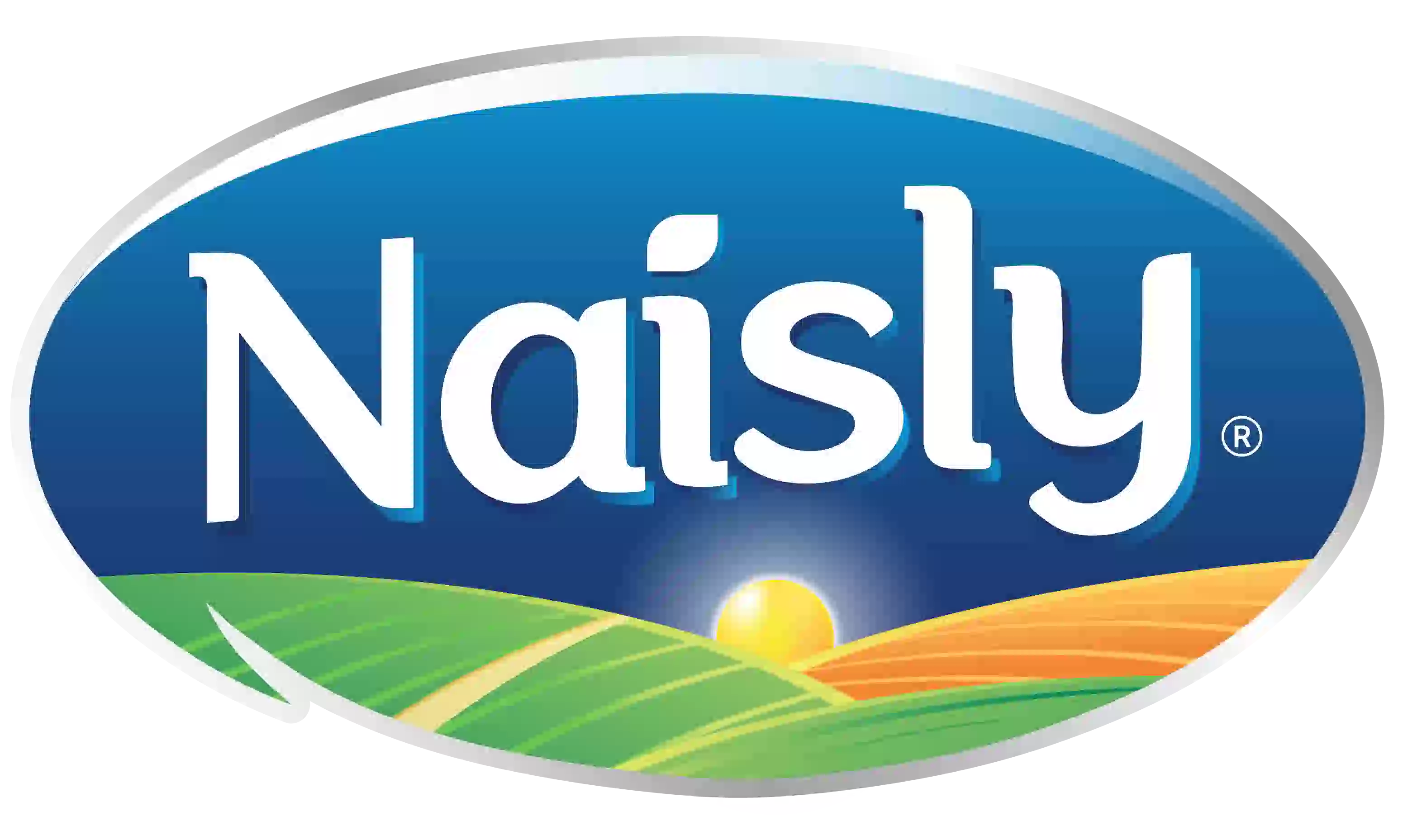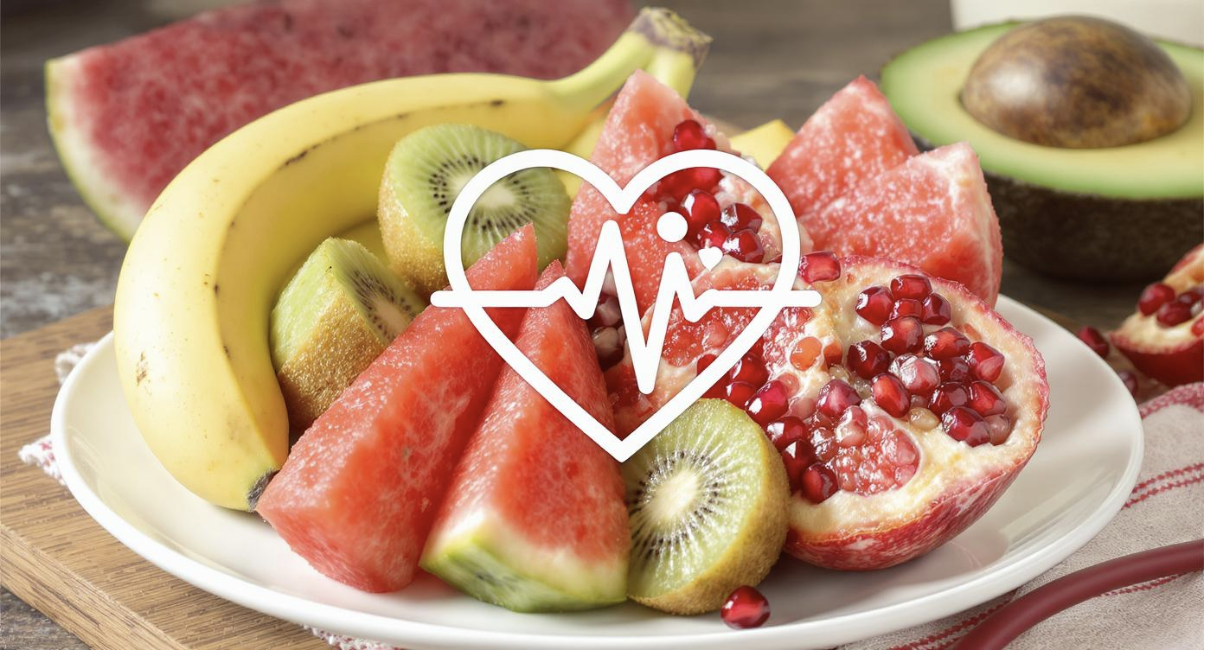Hypertension, also known as the “silent killer,” often appears without symptoms but can lead to serious complications such as stroke and heart disease. One proven natural approach to managing high blood pressure is through a healthy diet—including the regular consumption of certain fruits.
Fruits are not only rich in vitamins and fiber but also contain key minerals like potassium, magnesium, and antioxidants that play a crucial role in helping regulate blood pressure. Here are some fruits that have been shown to help lower blood pressure naturally.
- Bananas
Bananas are an excellent source of potassium, which helps the body manage sodium levels and relax blood vessel walls—both essential for reducing blood pressure. Consuming one to two bananas a day can offer positive effects, especially when combined with a low-sodium diet.
📌 One medium banana contains around 422 mg of potassium. - Avocados
Avocados are packed with heart-healthy monounsaturated fats, potassium, and magnesium. They also contain the antioxidant lutein, which helps reduce inflammation in blood vessels. Enjoy them on their own or add them to smoothies and salads.
📌 One medium avocado contains over 700 mg of potassium. - Watermelon
This hydrating fruit contains citrulline, a compound that helps widen blood vessels and improve blood flow. Watermelon is also high in water content, which supports overall hydration—important for maintaining stable blood pressure.
📌 A study published in the American Journal of Hypertension found that watermelon extract helped lower blood pressure in individuals with mild hypertension. - Pomegranate
Pomegranates are rich in polyphenols and antioxidants that help lower blood pressure and improve heart health. Drinking pure, unsweetened pomegranate juice regularly can significantly reduce systolic blood pressure.
📌 Research shows that drinking 150 ml of pomegranate juice daily for 2 weeks may reduce systolic blood pressure by up to 5 mmHg. - Kiwis
This small fruit packs a big punch. Kiwis are loaded with vitamin C, potassium, and other bioactive compounds that promote blood vessel relaxation. Studies show that eating three kiwis a day is more effective in lowering blood pressure than apples.
📌 Source: Oslo University Hospital – Regular kiwi consumption can lower blood pressure in individuals with mild hypertension.
Consumption Tips
- Choose fresh fruits instead of sweetened or packaged versions.
- Include them in your daily meals—as part of breakfast, a healthy snack, or as a topping on granola or multigrain.
- Watch your portions—even healthy foods should be enjoyed in moderation, especially if you're monitoring blood sugar levels.
Closing Thoughts
Managing blood pressure doesn’t always start with medication. By making smart food choices—especially by including the right fruits—you can help your body regulate blood pressure naturally. Pair your fruit intake with healthy habits like regular exercise, adequate sleep, and stress management.
To support your balanced lifestyle, Naisly HealthyGrain Multigrain can be part of your daily routine. Its natural fiber and nutrient content pairs well with blood pressure-friendly fruits to promote heart health and metabolic wellness.
References:
- American Heart Association. (2020). Potassium and Blood Pressure.
- American Journal of Hypertension. (2013). Effects of Watermelon Extract Supplementation on Blood Pressure.
- Oslo University Hospital. (2011). Kiwi Fruit Lowers Blood Pressure in Hypertensive Individuals.
- Journal of Nutritional Biochemistry. (2014). Pomegranate Juice and Its Effects on Blood Pressure and Cardiovascular Risk Factors.
- National Institutes of Health. (2022). Dietary Guidelines for Managing Hypertension.

